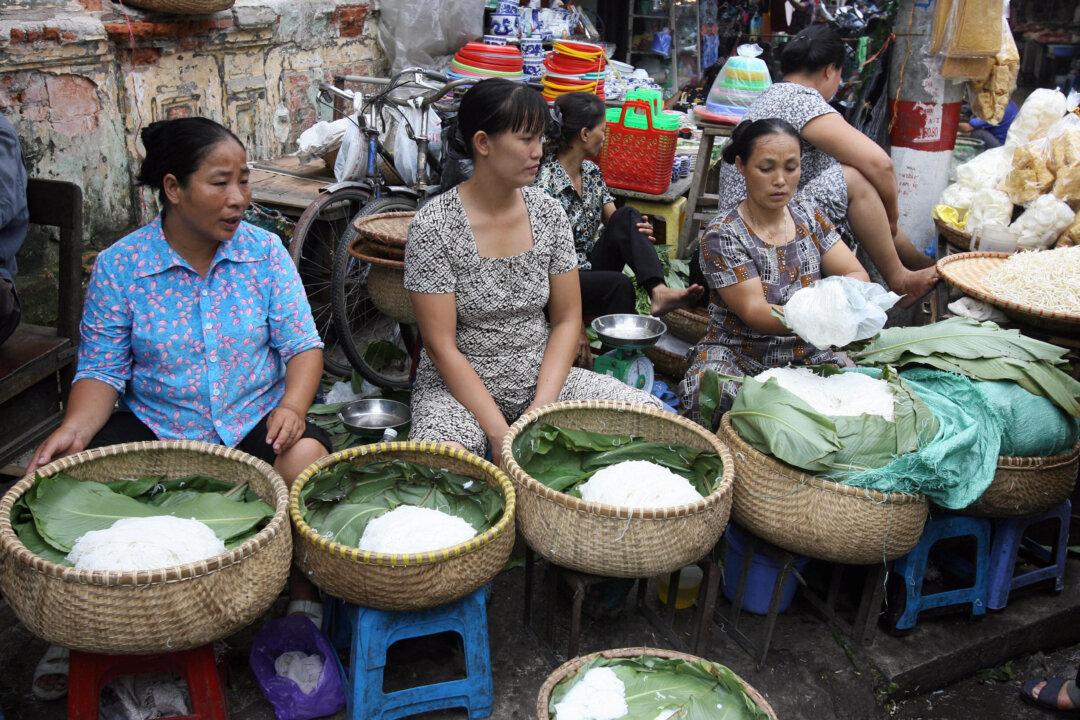As the United States considers imposing further tariffs on China amid ongoing trade tensions, foreign companies operating in China are shifting production to its southern neighbor, Vietnam. The disputes between the world’s two largest economies could prove a significant boon for the Vietnamese economy, which this year reached its highest rate of growth in the eight years.
Official data published by the Vietnamese authorities shows that the country’s GDP has grown by 7.1 percent in the first half of 2018, and its export average surged from 17 percent in 2017 to 20 percent through this June.




